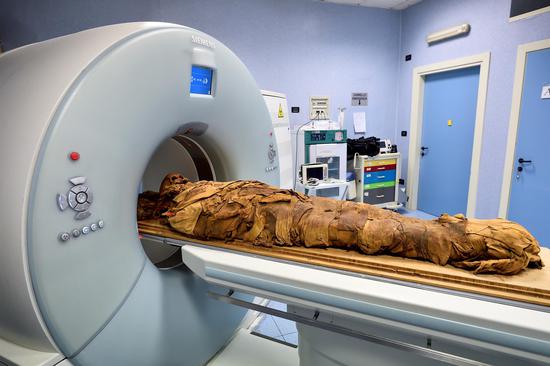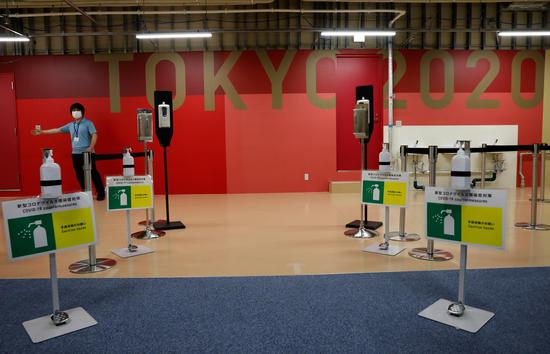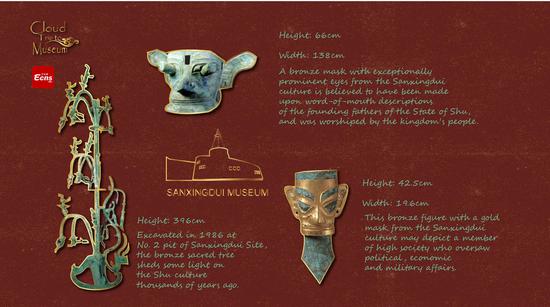A new study of the U.S. National Institutes of Health (NIH) showed the prevalence of COVID-19 in the United States during spring and summer of 2020 far exceeded the known number of cases, and that infection affected the country unevenly.
NIH researchers estimated that there were 4.8 undiagnosed cases for every diagnosed COVID-19 case in this time frame, representing an additional 16.8 million cases by July alone, according to the study published on Tuesday.
The team recruited over 240,000 volunteers from across the country, then selected 8,058 individuals from that pool through quota sampling to ensure that their study cohort was representative of the U.S. population.
The researchers found that 304 of the approximately 8,000 blood samples were seropositive, meaning that they contained antibodies against the SARS-CoV-2 virus.
These analysis offered insight into the undetected spread of the virus and subgroup vulnerability to undiagnosed infection, said the NIH in a statement.
"The information will be invaluable as we assess the best public health measures needed to keep people safe, as new -- and even more transmissible -- variants emerge and vaccine antibody response changes over time," said Bruce Tromberg, director of the U.S. National Institute of Biomedical Imaging and Bioengineering.


















































